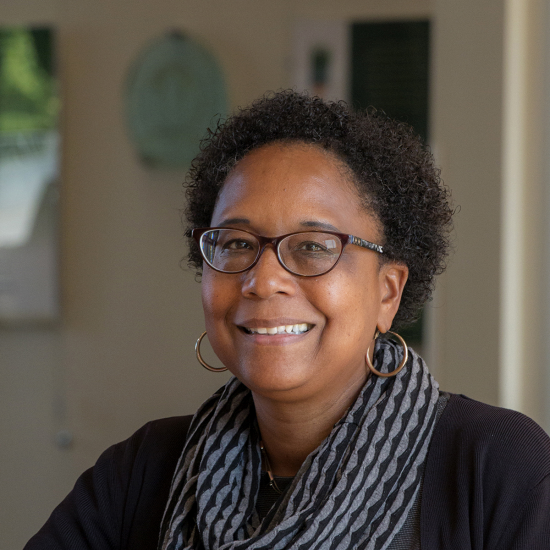Community Equity Program Gives Experienced Leader Linda Garrett-Johnson a Deeper Understanding of the Legislative Process
With more than 25 years of experience advocating for public policy changes, Linda Garrett-Johnson knows how to read a bill. Even with her experience, Wilder’s Community Equity Program helped Linda deepen her knowledge of the Minnesota legislative process. “The program filled in pieces that were missing, and it helped me understand where to find the information that was missing. It was really, really helpful that way,” says Linda, who is also an internal consultant for a major health care company and a grandmother and great-grandmother.
The Community Equity Program, also called CEP, brings together up to 20 Indigenous, Black and People of Color to build a create a more powerful and influential voice in public policy decisions in Minnesota. Just 21 of Minnesota’s 201 legislators report that they identify as racial or ethnic minorities. Though little data are available about the number of Black, Indigenous or People of Color who are involved in advocacy for public policy decision-making in the state, it’s generally recognized that people of color are underrepresented.
Linda has seen that underrepresentation first-hand. A native of New York City, Linda says she never felt different because of race or ethnicity when she was growing up, but that changed after she and her two children moved to the Twin Cities years ago. “In the Twin Cities and Minnesota in general, people believe that we are an open place and that people can get involved,” she says. “To some extent that’s true, but it’s not as easy for people of color.”
Linda’s Passion for Access and Engagement Leads to Action
Linda began working to shape public policy when she was the parent of a child in the juvenile justice system. In 1994, she testified at the state Legislature asking for a community member to be on the Juvenile Justice Task Force because she did not believe that the parents would have a real voice without representation. As a result of her testimony, Linda was invited to join the task force.
She joined, and then she became involved in other committees and community organizations in Saint Paul. After moving to Apple Valley, she became involved in politics in her area and currently serves as the outreach and inclusion officer for her political party’s district, focusing on building relationships with people who may be less likely to be involved, such as youth and people of color.
Linda joined CEP after a brief but challenging run for the Legislature in 2018. “I thought, ‘Well, if I’m not going to be in the Legislature, I’d still like to engage it,’” Linda says. “That’s really what drew me to the program.”
CEP Provides an Opportunity to Learn in a Safe Space
In CEP, Linda was part of a cohort with people of color who are community leaders and want to engage more deeply at the State Capitol. During her first meeting with the cohort at Wilder Center, Linda realized it had been years since she was in a room with all people of color who were there because they care about advocacy. “I actually cried,” Linda says. “It felt like I could really be myself.”
Participants met regularly during the program to focus on legislative knowledge, advocacy skills and racial equity. But CEP is also designed to foster connections among people who are passionate about improving their communities, regardless of the issues they care about and whether they are newer to advocacy or have decades of experience. “The interest in advocacy is what brings participants together, but there’s so much more that holds the group together,” says Dominic McQuerry, formerly Wilder's public policy manager, who oversaw CEP. “It’s about building a movement along with serving your community.”
In addition to classroom discussions with her peers, Linda attended legislative hearings and was paired with the Minnesota Census Mobilization Partnership, made of organizations and individuals who are advocating for policies and resources for the 2020 Census in the state. She stayed involved with the partnership after graduating from the program in June 2019.
Linda Focuses on Helping Others Find Access and Engagement
Now that her cohort has wrapped up, Linda is considering how to use the skills and knowledge she refined in the program. She has not ruled out a run for a local office, but she is also committed to helping other people engage with public policy in ways that work for them.
People don’t have to commit to meetings or make extensive time commitments to be involved, she says. “They just need to know how to interact with the people who represent them. They have a right to say ‘This is how I feel and this is what I’d like you to do.’ If more and more people would do that, we’d probably have less gridlock.”
